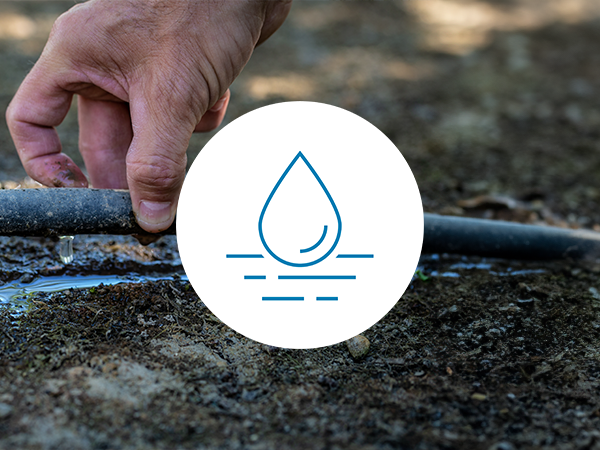Course Description
In this comprehensive session on agricultural technology, experts delved into the role of water stress sensors in irrigation management. The speaker, a renowned figure in the irrigation industry, discussed both direct and indirect water stress sensors. Direct sensors, such as the pressure bomb and Florapulse, measure the actual stress on trees, providing specific water potential data, while indirect sensors assess related factors like tree growth and canopy water loss. The speaker highlighted the importance of these sensors in making informed irrigation decisions, supported by examples from a three-acre plot study. The session also covered the T-REX project, which aims to enhance water management in orchards using remote sensing tools like satellites and UAVs. The practical aspects of sensor technology, including weather stations, plant-based, and soil sensors, were discussed, alongside common mistakes in their installation and use. Additionally, the discussion addressed diverse weed management strategies, emphasizing the integration of novel technologies such as automated weeders and precision sprayers. The session concluded with insights into the evolving labor needs in agriculture, emphasizing the shift towards managing and operating advanced agricultural technologies.
Course Objectives:
After completing this course, learners will be able to:
- Understand the role of water stress sensors in effective irrigation management and their impact on making informed irrigation decisions.
- Differentiate between direct and indirect water stress sensors: Recognize how direct sensors (e.g., pressure bomb, Florapulse) measure actual tree stress and provide specific water potential data, while indirect sensors assess related factors such as tree growth and canopy water loss.
- Analyze findings from a three-acre plot study that illustrates the practical application and benefits of using water stress sensors in irrigation practices.
- Explore the T-REX project, which focuses on enhancing water management in orchards through remote sensing tools, including satellites and UAVs.
- Examine practical aspects of sensor technology, including the use of weather stations, plant-based sensors, and soil sensors, while identifying common installation and usage mistakes.
- Discuss diverse weed management strategies and the integration of novel technologies, such as automated weeders and precision sprayers, to improve efficiency and effectiveness.
- Recognize the evolving labor needs in agriculture, particularly the shift towards managing and operating advanced agricultural technologies in modern farming practices.

